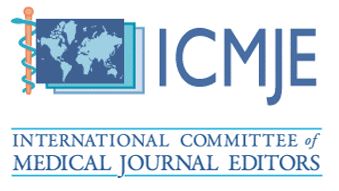Biochemical Identification and Qualitative determination of Bifidobacteria directly on Petri plate
The amplification of the xylulose-5-phosphate/fructose-6-phosphate phosphoketolase (xfp) gene and a biochemical assay to detect fructose-6-phosphate phosphoketolase (F6PPK) have been extensively used to identify Bifidobacterium spp. In con-ventional assays, after isolation and harvesting of the stationary phase, cultures were treated with different reagents sequen-tially, finally leading to the formation of ferric hydroxamate (reddish-violet color) which was measured spectrophotometrical-ly. The existing methods (F6PPK based) for identifying Bifidobacterium spp. were developed based on the availability of pure bacterial cultures and were not suitable for mass screening. Therefore, the simultaneous isolation and identification of Bifidobacterium spp. directly from agar plates is needed. Here, we have developed an on-plate method for the rapid, simulta-neous isolation and identification of Bifidobacterium spp. from a variety of cultures, in which the isolation, harvesting and washing of pure cultures have been bypassed. Assay begins with making test plate and a master plate. This process assists in obtaining the F6PPK positive, viable colonies from the master plate. The effects of the addition of minimal concentrations of cetyltrimethylammonium bromide (0.20–0.45 mg/mL) on cell lysis, and the subsequent color development in the plate as-says, were assessed. Mixed cultures of E. coli. Lactobacillus, and Bifidobacterium spp. were used. No phosphoketolase activity was observed when the plates contained E. coli, and Lactobacillus spp, and activity were observed only with disrupted Bifidobacterium spp. The on-plate F6PPK assay developed here was an efficient alternative to the currently available (F6PPK based) methods that was only used after the isolation of pure Bifidobacterium spp. The detection of target bacteria using this on-plate F6PPK assay will aid future studies looking at the composition and dynamics of intestinal microbiota.
*Corresponding Author: Kammara Rajagopal, Department of Protein Chemistry and Technology, India, 919482407365.
Received: May 05, 2020
Published: May 22, 2020
Citation: Kammara Rajagopal. et al. “Biochemical Identification and Qualitative determination of Bifidobacteria directly on Petri plate ”. SVOA Microbiology 1:3 (2020) 25-34.











